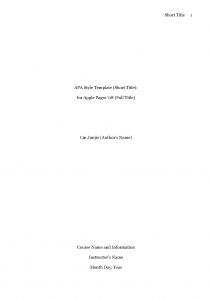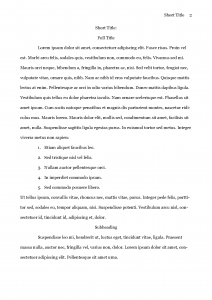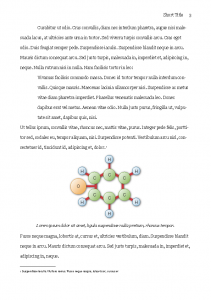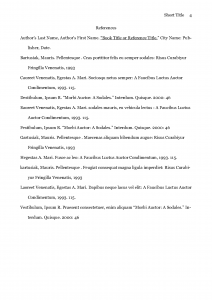Catherine Lim wrote a letter to the Straits Times on Wednesday, speaking up for the officers who were punished and expressing her disappointment with the verdict. Guess what? A Mr Ooi Boon Hock (along with many others who have left angry comments on her website) decided to misinterpret her letter and rebuke her for using the term “little people”, which he claims is “very patronising”.
Seeing so many clueless ingrates around, Catherine probably decided it was best to clarify her use of the word–which she needn’t have, of course, but she was nice enough to.
And guess what? Another reader who is too afraid to sign off his real name, decided to join in the bashing:
she only clarifies and wouldnt even deign to apologise?
she is no different from the rest!
is S.O.R.R.Y such a difficult 5 letter word?
Now enlighten me… what is Catherine suppose to be sorry about? About you being clueless? Yeah, perhaps she should be, I would, too.
The last time I heard, Straits Times wrote— “If it is determined there was only one weak link, at junior escort level, then the people should stop carping about why it is usually small fish that get fried” –in their April 24th editorial and nobody complained about being called “small fish”.
It baffles me that some Singaporeans can be so clueless, deliberately or not, I do not know. And I wonder why Catherine bothers to speak up for them.




